Biography
(No Information)
Filmography
all 6
Movies 6
Director 4
self 1
Information
Known ForProduction
GenderMale
Birthday1942-01-01 (83 years old)
Birth PlacePort-au-Prince, Haiti
CitizenshipsHaiti
This article uses material from Wikipedia.
Last updated:
Image credit: Saitamaka, CC BY-SA 4.0, via Wikimedia Commons
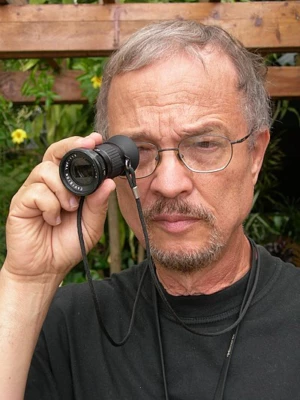 Arnold Antonin
Arnold Antonin- Filmography
- Information
- Related Persons

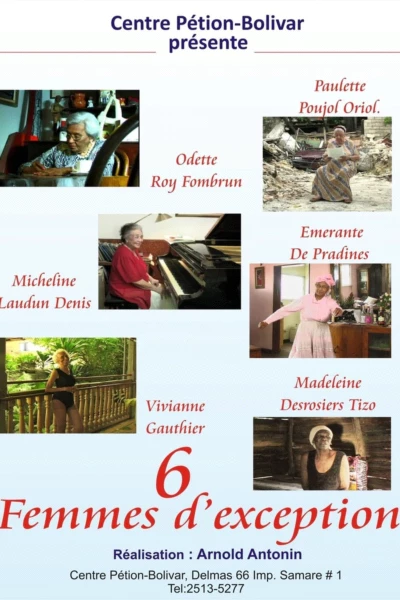
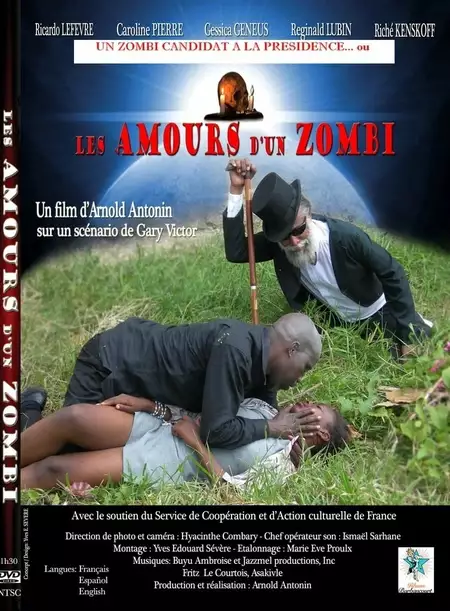
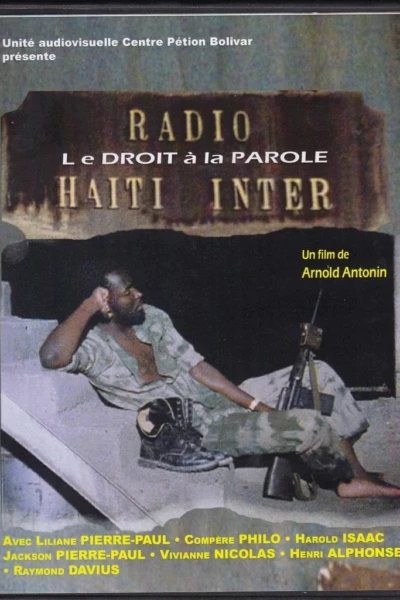
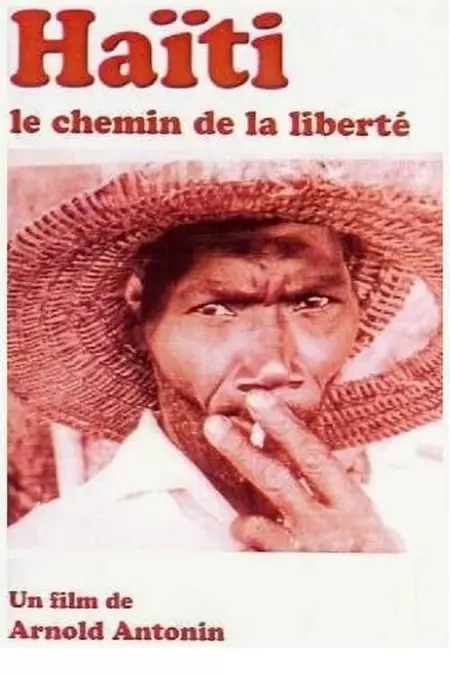

 ,
,